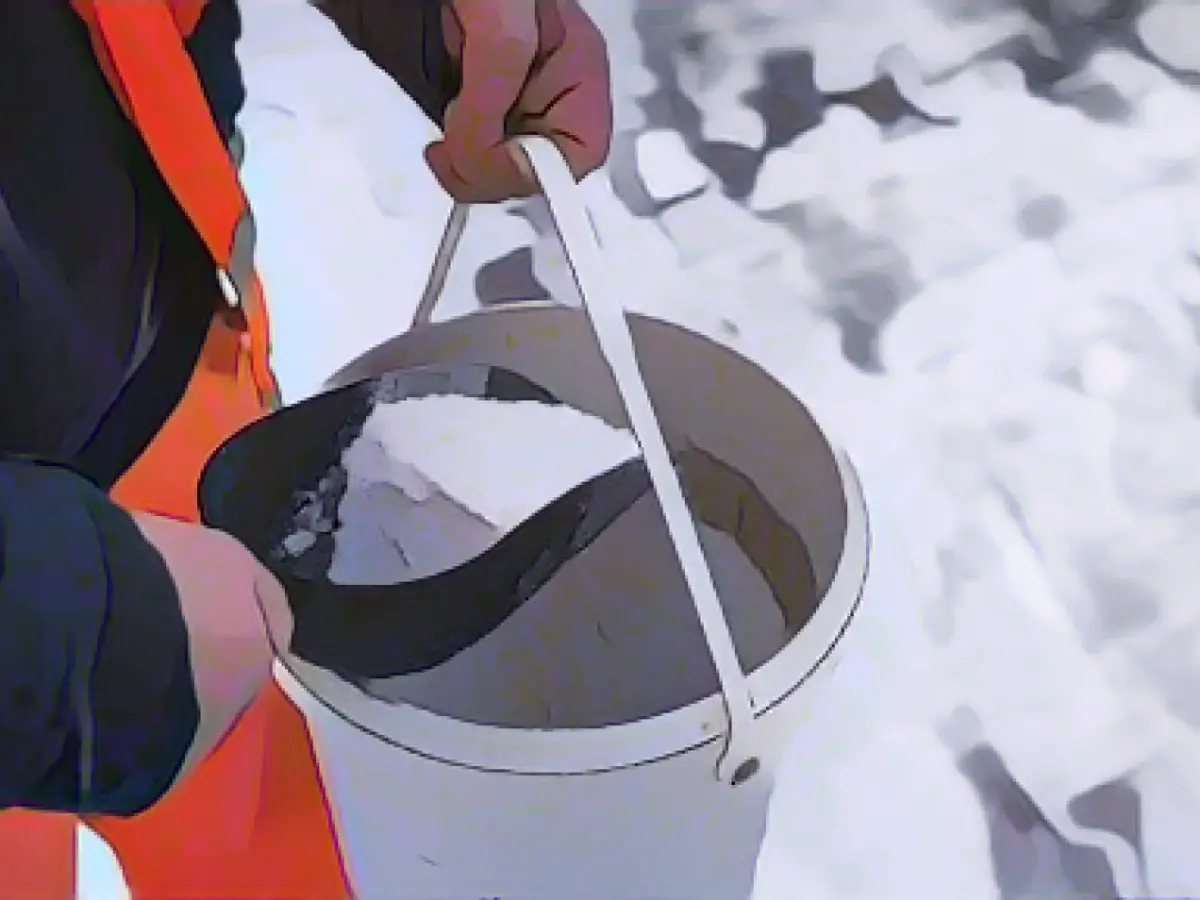Urban Trees in Peril: Road Salt's Summertime Sabotage
In the heart of Saxony, nature conservation efforts are underway, yet the relentless use of road salt during winter continues to hinder the well-being of urban trees, especially sensitive varieties like lime, elm, and sycamore. Daniel Blume, the deputy head of BUND Dresden, voiced his concerns on a recent Wednesday, expounding on how this practice is exacerbating the trees' plight in the scorching summers brought about by climate change.
"The vitality of these urban trees, already impacted by water scarcity and heightened usage, is further compromised due to this unnecessary salt exposure. For many trees, this means a slow and painful death by salt," lamented Blume.
The Culprit in Disguise
According to environmentalists, the seemingly innocuous practice of treating icy pathways with salt and water creates a harmful concoction. This mixture lowers the ice's melting point and seeps into the vegetation's surroundings, effectively accumulating in the soil. "The following spring, the salt renders it significantly more challenging for the tree roots to absorb water. These trees essentially dehydrate even on days bathed in rain," explained Blume.
The insult to injury does not stop there. Crucial nutrients like potassium, calcium, and magnesium become inaccessible as a result. Additionally, a highly alkaline solution forms in the meltwater, leading to a rise in the soil's pH value, which can be harmful to the trees' growth.
Time for a Change
BUND advocates for the judicious use of road salt, limiting it to unavoidable circumstances and large roadways. Lesser-trafficked areas, such as sidewalks, can benefit from salt-free alternatives like granulate, grit, and sand. By embracing these eco-friendly measures, urban nature can be safeguarded, and trees can be better equipped to face the harsh realities of climate change's summertime trials.
Alternatives to the Salty Stalemate
While adjusting our salt application tactics may be a good start, there are additional strategies that can help mitigate the negative effects of road salt on our urban trees. Here are some ideas:
- Going Green with Granulate: Instead of salt, consider using eco-friendly granulate, which does not dissolve in water and is less likely to contaminate soil and water systems.
- Brine and Beet Juice: Brine solutions and beet juice are alternative de-icing methods that are more environmentally friendly and biodegradable.
- Cutting Back on Salt Application: By using the minimum amount of salt necessary for de-icing and applying it only where it's needed, we can significantly reduce its environmental impact.
- Mulching and Tree Wrapping: Mulching around the base of trees and wrapping them can help protect them from cold temperatures, reduce evaporation, and protect them from environmental stresses.
- Maintaining Soil Health: Organic matter like wood chips, bark, and fallen leaves can be used as mulch to improve soil porosity, water storage capacity, and overall tree health.
By embracing these strategies, we can reduce the negative impact of road salt on urban trees, making our cities greener and more resilient in the face of climate change. But remember, every little bit of change makes a difference. Beginning with small actions can help create a bigger impact over time, fostering a healthier, greener environment for generations to come.








